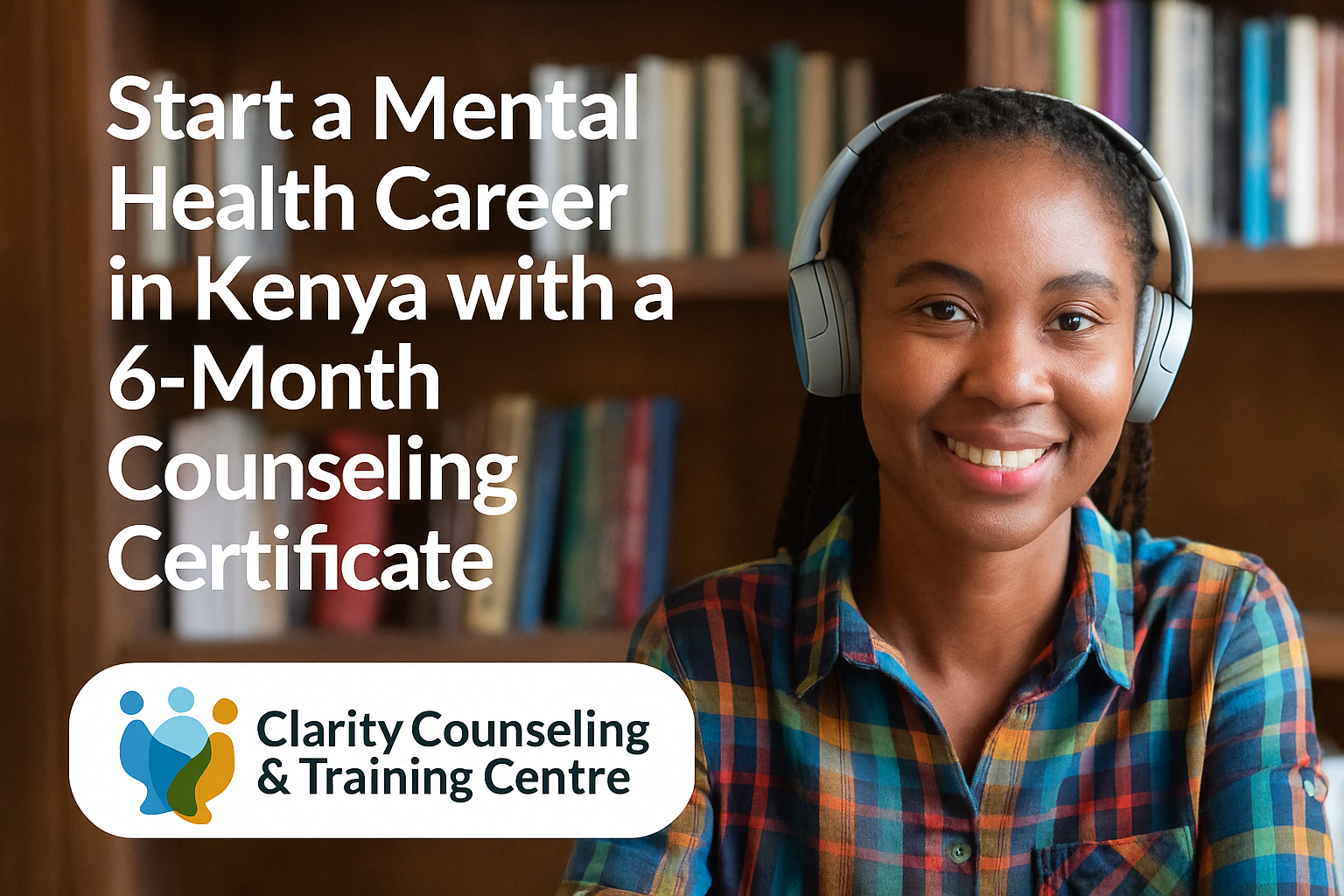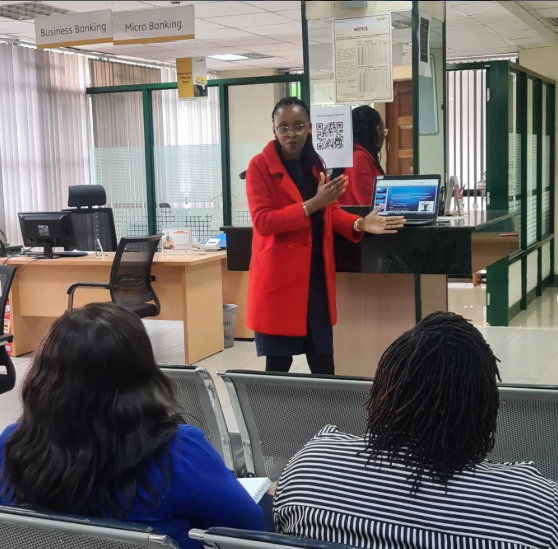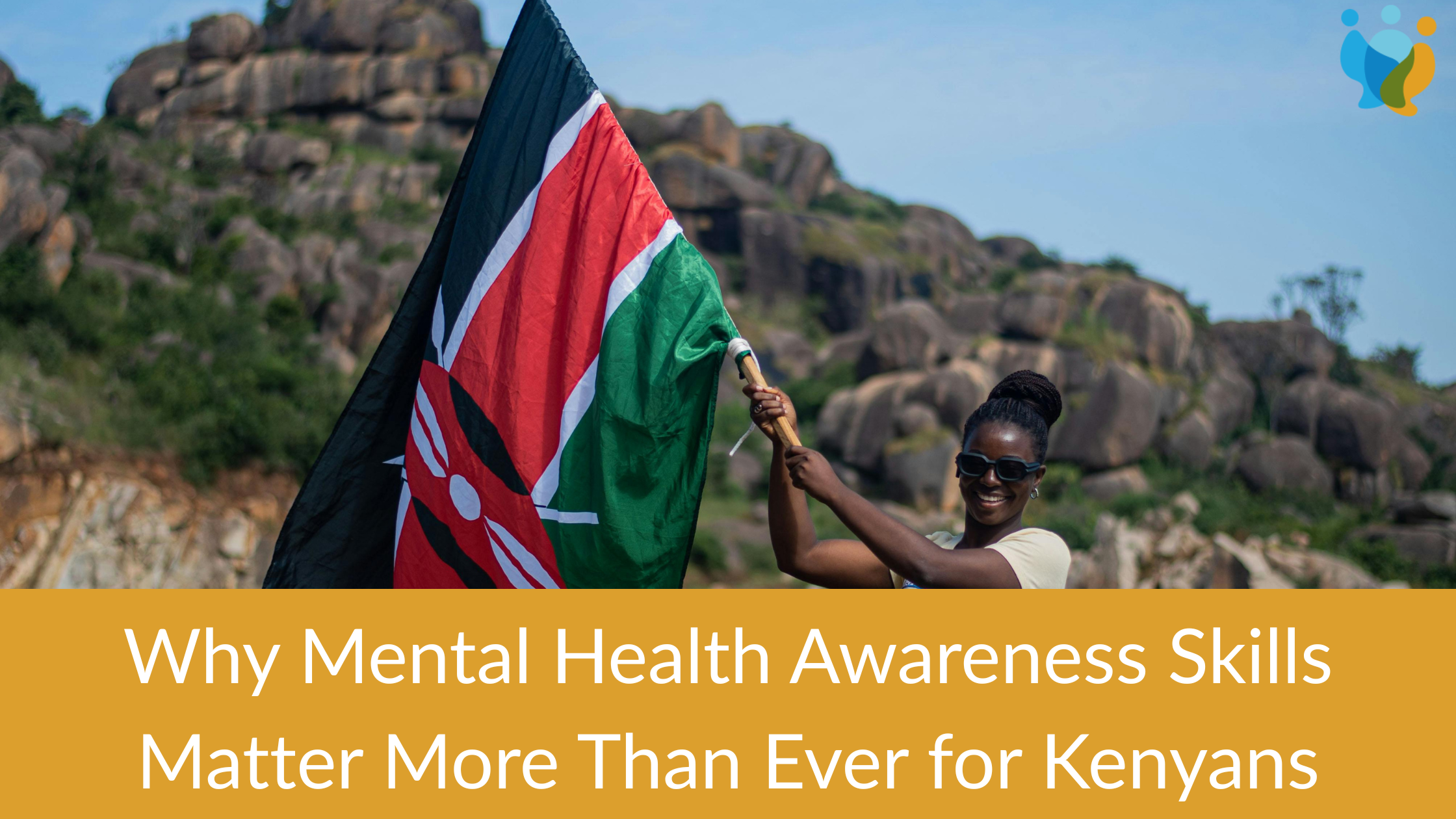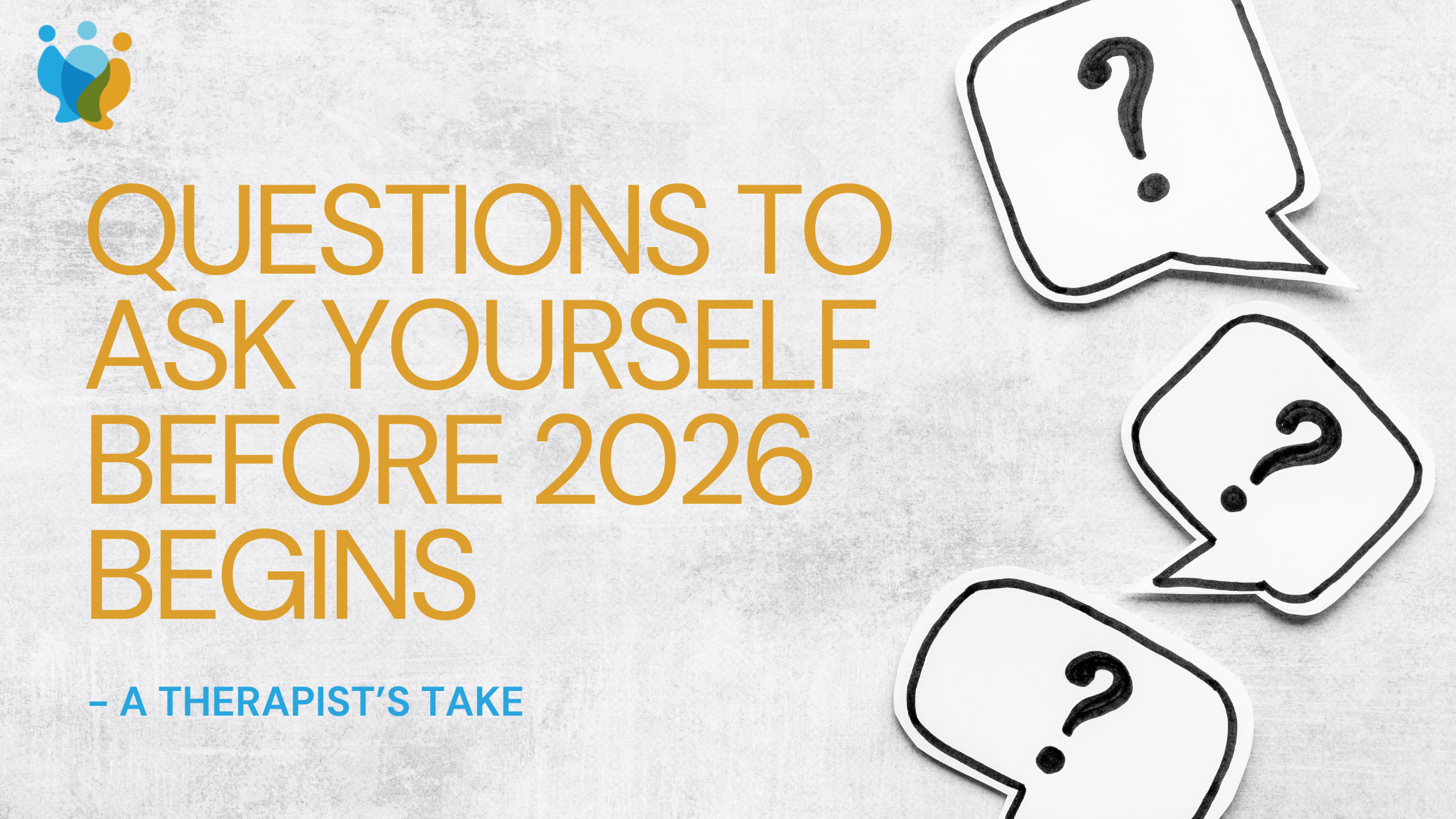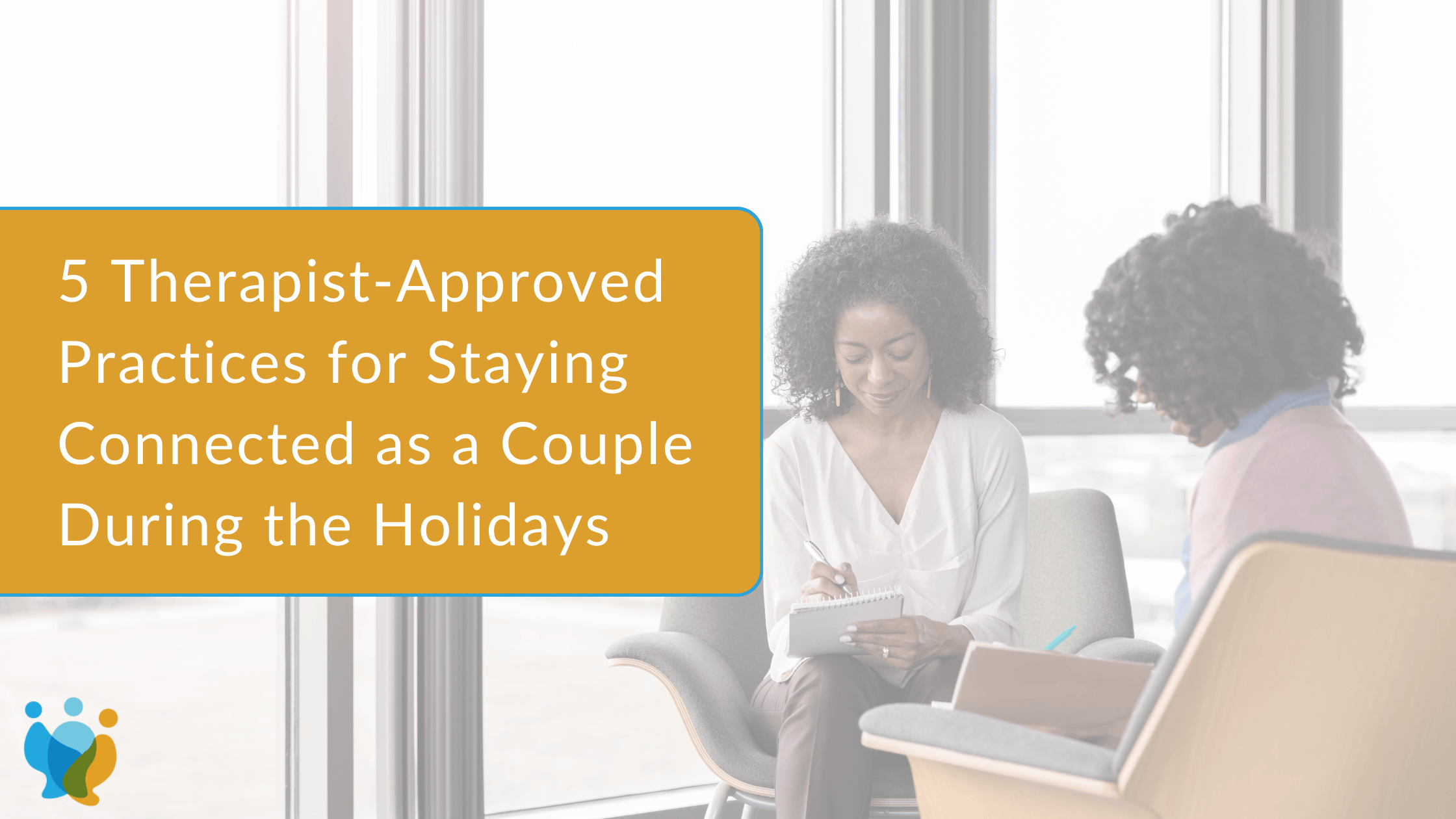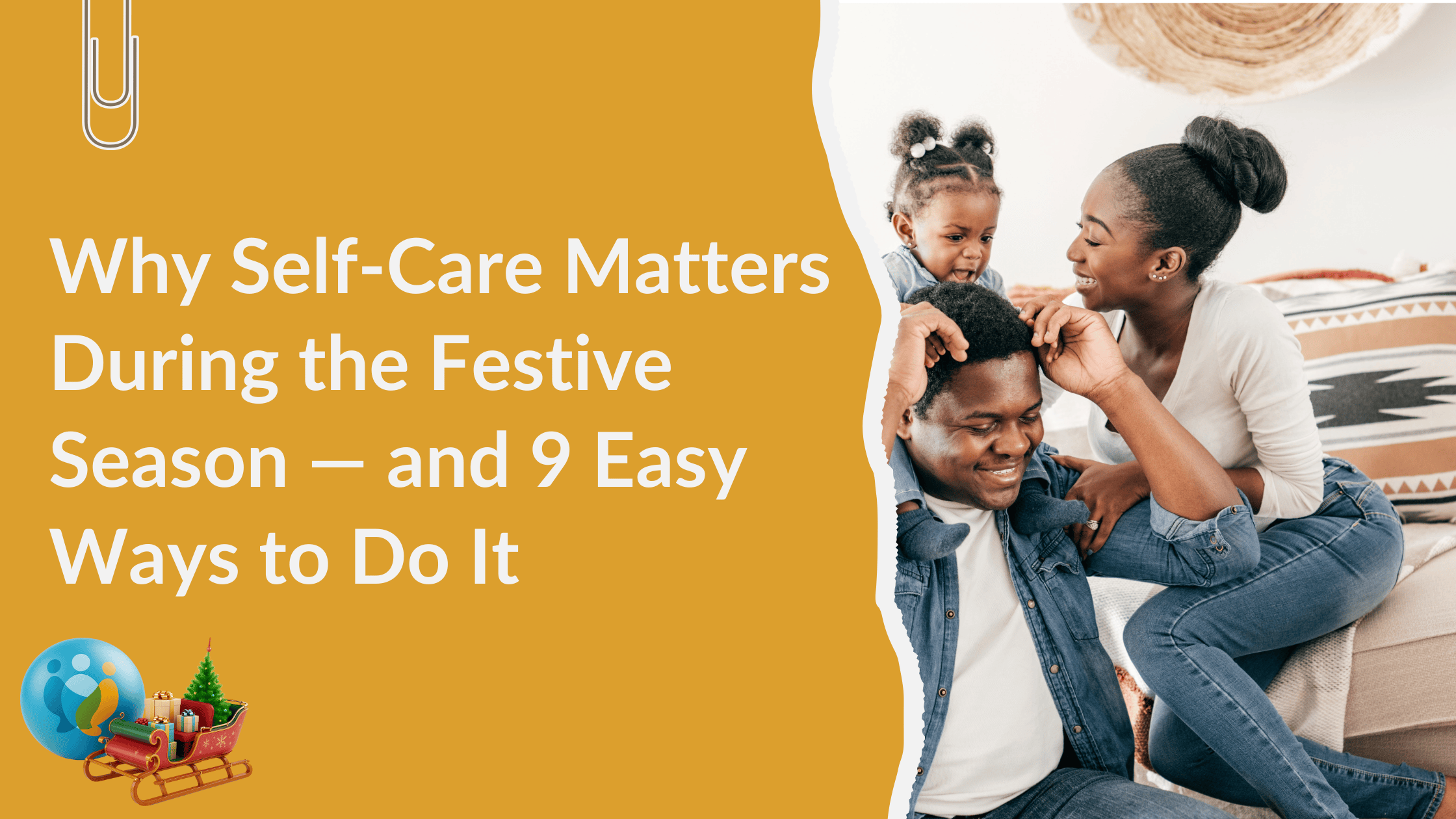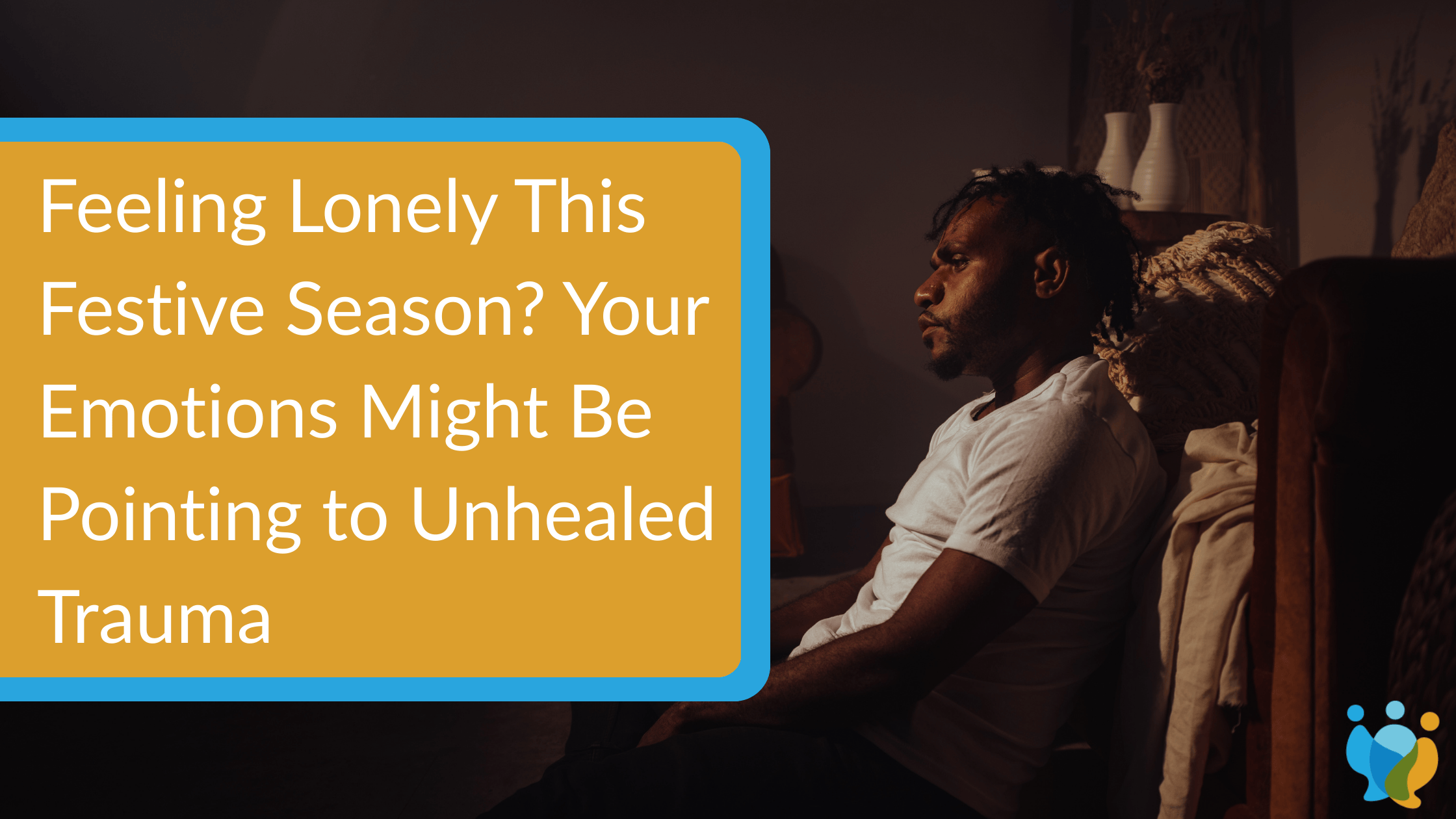Emotional Codependency: 5 Signs of Codependency

Emotional Codependency: 5 Signs of Codependency
It is a fact that human beings need to be in healthy relationships to thrive. People rely on each other for emotional, financial, physical, and psychological support.
However, the relationship becomes unhealthy when people rely on each other for these needs, and one person becomes emotionally codependent in the process.
Emotional codependency, sometimes called relationship addiction, occurs when you become excessively obsessed and dependent on another person to meet your emotional needs.
It is also characterized by a willingness to sacrifice your needs and wants to please the other person to receive validation and feel loved. Codependency can occur in various relationships, including:
- Romantic relationships
- Family relationships, e.g. parent-child
- Close friendships
- Professional relationships, e.g. manager-employee
Emotional codependency in adulthood is often linked to growing up in a stressful family environment or experiencing childhood trauma. This article will explore five signs to help you assess whether you are emotionally codependent on the close people around you.
1- Your Self-Worth Depends on the Other Person’s Approval
Imagine a scenario where a person doesn’t feel good about themselves until someone tells them how important they are. If you constantly seek approval or validation from your spouse, boy/girlfriend, child, parent, or close friend, you could be emotionally codependent on them.
Letting another person determine your self-worth means your self-perception and even your mood rely heavily on if they praise or critique you. Being in this position leaves you vulnerable to being taken advantage of and having an unstable self-concept.
2- You Put Other People’s Needs Before Yours
Having a desire to be there for those you care about is commendable. But if caring for others leads to neglecting your needs, that could be a sign you are emotionally codependent on them.
For example, Zawadi and Ken have been in a two-year relationship. Zawadi often cancels her plans with friends at the last minute to accommodate Ken’s plans. She also sacrifices enjoying her hobbies just to ensure Ken is happy and all his requests are met. Afterward, Ken would praise her but of late, he wants her to do more to receive additional praise.
In this scenario, Zawadi is in an unhealthy relationship because she keeps giving, and Ken keeps taking from her and is now taking advantage of her emotional needs.
3- You Fear Being Alone
If you fear being alone and constantly need to have people around you too, it could be an indication that you rely on others to meet your emotional needs.
The fear of being alone may be traced back to when you did not receive validation or affirmation from your parents or guardians. Now, as an adult, you have an endless need to have others:
- Reassure you
- Tell you that you matter
- Appreciate you
- Encourage you
This learned behavior from childhood robs you of the innate ability you have to provide for yourself the same care and encouragement you receive from others.
4- You have Difficulty Setting Boundaries
In a healthy relationship, both parties must set fair rules on how things should be done and how to treat each other. If you have difficulty expressing your preferences because you fear upsetting the other person, you could be in an emotionally dependent relationship.
Setting boundaries creates a healthy balance between giving and receiving, but emotional codependency often blurs these boundaries. Difficulty setting boundaries can also occur if you experienced childhood trauma that involved a violation of personal boundaries, such as physical or sexual abuse.
The fear of speaking out because you may be perceived as selfish often leaves you emotionally stretched and vulnerable.
Related: The Power Of Personal Responsibility In Relationships
5- You Feel Responsible for Other People’s Emotions
Do you feel you have a duty to keep people around you happy? Or do you believe your actions determine your spouse’s, parent’s, child’s, or partner’s happiness? If so, you could be emotionally codependent on them.
It is tiring to feel like you have to make everyone happy by fixing their problems or going the extra mile to do favors for them.
Ironically, believing you are responsible for keeping another person happy can give you a sense of control and validation and may soothe your insecurities for a short period.
In the long run, it leaves you feeling exhausted because you can never perform all tasks perfectly to keep people happy.
We Can Help You Overcome Emotional Codependency
At Clarity Counseling Centre, we have qualified codependency therapists in Nairobi who can provide you with the tools and insights you need to overcome emotional co-dependency.
Through our counseling sessions, our codependency therapists in Nairobi uncover the underlying causes of codependency, learn better ways to cope, and develop strategies to help you communicate your boundaries to others. Schedule your first session with us today.

